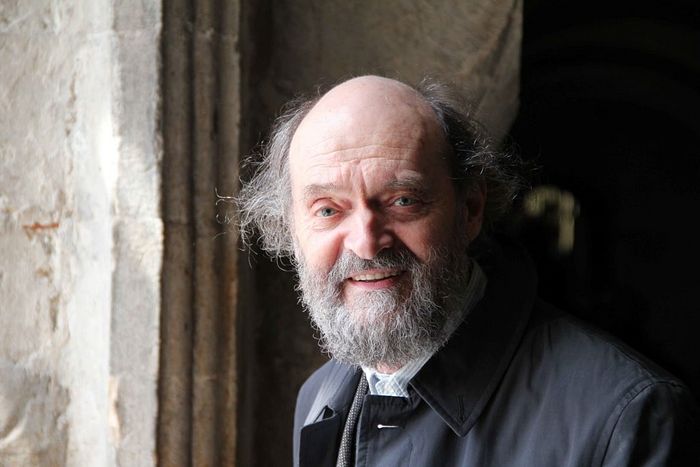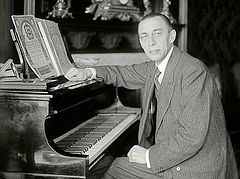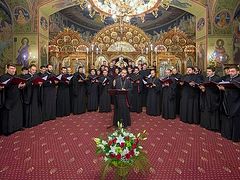Bilbao, Spain, April 2, 2020
 Photo: Universal Edition/Eric Marinitsch
Photo: Universal Edition/Eric Marinitsch
Estonian Orthodox composer Arvo Pärt is among this year’s recipients of the BBVA Foundation Frontiers of Knowledge Awards, given annually to recognize significant contributions in the fields of scientific research and cultural creation.
The BBVA Foundation Awards were first given in 2009. The Foundation belongs to the BBVA financial group, and is involved in promoting research, advancing training, and transmitting knowledge to society.
Pärt was recognize in the Music and Opera category “for cultivating an original language, which has led to the creation of a unique sound world,” the BBVA Foundation reports.
The jury highlighted that the composer’s pieces are “a fresh approach to spiritual music, especially in his choral oeuvre, that reduces the musical material to the essence.”
Describing the ingenuity of Pärt’s music, the Foundation writes:
Following a long period of self-searching, Estonian Arvo Pärt emerged in the mid-1970s with a musical language uniquely his own, which he has gone on developing to this day Deceptively simple, it is in fact underpinned by a high degree of technical complexity, consisting of interlinked musical lines that dispense with all superfluous elements. His work marks a fresh approach to spiritual music, especially choral, where voice is primordial, particularly the word, drawn in most cases from liturgical texts or prayers
Pärt was born in 1935 in Estonia, just four years before it was incorporated into the Soviet Union. He learned a number of instruments growing up and later began higher studies in composition at the Tallinn Conservatory. His music of the late 1960s is clearly indebted to the Baroque tradition, but beginning in 1968, inspired by the threat that the USSR saw “in both the work and its composer for their innovating spirit and ability to convey a spiritual truth that connected with listeners,” he embarked upon a study of Christian vocal music, Gregorian chant, the Notre Dame School, and Renaissance polyphony.
The result of combining these two worlds of study was the new technique called tintinnabuli that Pärt himself developed and continues to develop.
Beginning in the 1980s, his works began appearing in top international festivals and on radio and TV broadcasts. Today, he is considered one of the most performed living composers.




